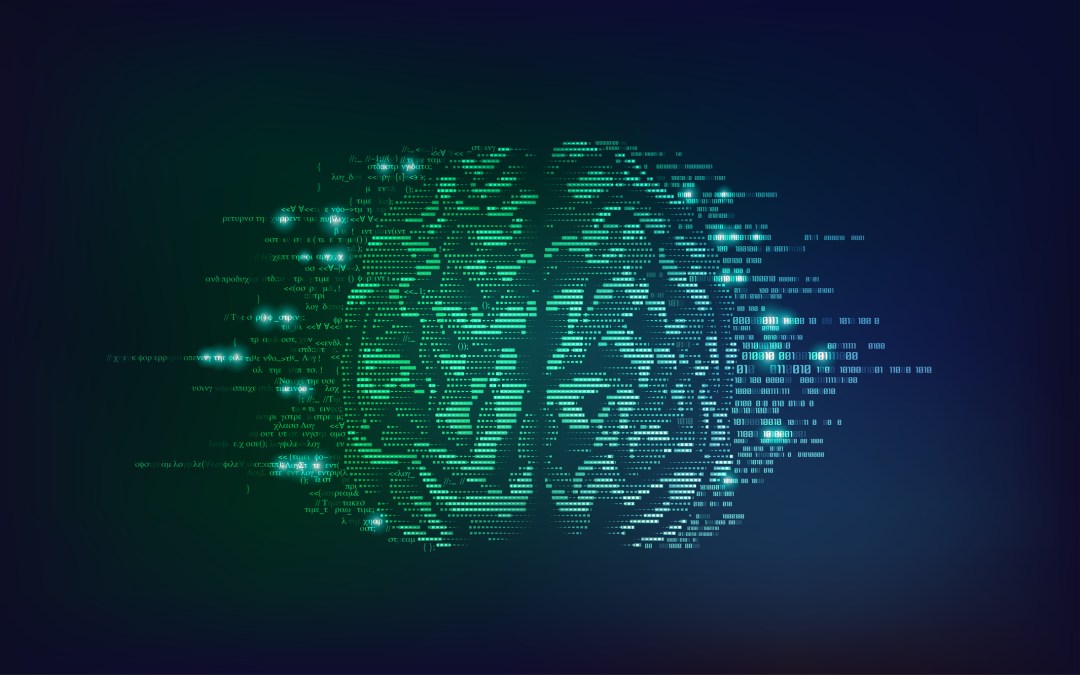Emerging Tech 2018: Artificial Intelligence and Machine Learning

Think less Skynet and more process automation and chatbots when it comes to federal agencies adopting artificial intelligence.
Experts point to the federal government as one of the sectors that’s most likely to benefit from advances in AI and machine learning in the near term, in large part because both are rooted in big data — something agencies tend to have lots of.
There are a number of agencies that already use early forms of the technologies:
- The Department of Homeland Security’s Automated Virtual Agent for Truth Assessments in Real-Time program uses interactive AI screening technology to assist screeners at the borders in real time.
- The General Services Administration is looking to use AI and ML to speed up the proposal review process.
- The National Cancer Institute’s Smokefree.gov is working on a chatbot to help support people quitting smoking.
- The U.S. Citizenship and Immigration Services has Ask Emma to help you navigate its website.
Andrew McMahon, director of strategic partnerships for gov tech accelerator Dcode, sees the potential for AI in government as stemming from recent investments (like the DATA Act) in categorizing and structuring government data. “The government has made quite a bit of investment on the data side,” McMahon said. “Without structured data, and without a lot of data, AI isn’t really that interesting. So the big thing for government here is to understand that AI isn’t that far of a jump from whatever you’re doing around big data.”
“Out of all the programs that we did last year [AI] surprised me the most,” Dcode founder Meagan Metzger said. Solutions in AI and big data that came through the accelerator’s program, she added, simply saw the most adoption. A big driver of the federal interest in AI solutions? Budget cuts. So as federal budgets shrink, Metzger said, “I think we’ll see an even bigger uptick.”
But there’s also fear that AI will breed massive job loss. But a new Deloitte report concludes that won’t happen — at least yet. “In the near term, our analysis suggests, large government job losses are unlikely,” the report states. “But cognitive technologies will change the nature of many jobs — both what gets done and how workers go about doing it — freeing up to one quarter of many workers’ time to focus on other activities.”
Players like Deloitte and others argue that this stage of artificial intelligence — process automation — is actually positive for human employees. Bots that are programmed to take care of basic, rote tasks, like George Washington at the NASA Shared Services Center, free up human time to focus on bigger, more interesting jobs.






